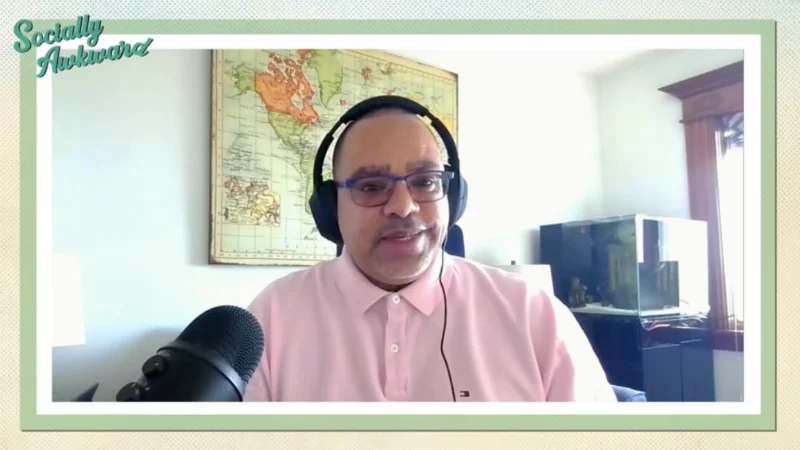How Tipping Will Change In Cashless Establishments
By: Gabrielle Pollard
Tipping the old-fashioned way has become just that, old-fashioned. Companies like Uber and Lyft have already laid out what this new trend looks like for future establishments. When tipping in the past, you would leave a few dollars on the table, and it was a nice gesture. Today, many restaurants automatically factor in a gratuity–at least an additional 15% of the price of the meal, to ensure that their wait staff receive a reasonable wage.
Peli Peli’s restaurant manager, Patrick Wise, shares how handling cash actually slows down business: “Managers leaving with thousands of dollars’ worth of cash to go to the bank is now a hazard in any environment. Now that we don’t have to leave the premises, we don’t have to worry about our servers having to cash out at the end of the night.”
Gathering crumpled dollars and counting your change to make sure you give your guests the proper amount can distract servers from what matters most: their guests. Removing the cash option actually seems to increase the levels of tipping for services.
Take Uber, for example. Their drivers invite the rider to tip for 72 hours after the ride digitally from their phone. Therefore, people make the conscious decision whether or not to tip. According to a survey by creditcard.com, credit and debit card users were more likely to tip than cash handlers.
The survey also reveals that almost a third of people who pay with cash tip only about 10%. This sounds familiar to a lot of servers, who question why a couple of dollars and spare change were left behind.
Peli Peli is one of many restaurants in North America going cashless. As for tipping in this cashless environment, people have turned to apps that help them tip appropriately. Apps like QuickTip and TipMe assist people in leaving a respectable tip in this digital age.
Peli Peli Galleria and their nearby franchise counterpart, Peli Peli Kitchen, have joined the cashless trend. Their owner, xxx, had positive things to say about the shift in payment options, remarking, “Other restaurant owners would say, ‘Good luck; it doesn’t seem like it’s going to work,’ but we’ve been fairly successful with it.” In an increasingly digital world, cashless exchanges just make sense, and for those in the service industries, it also makes money.









